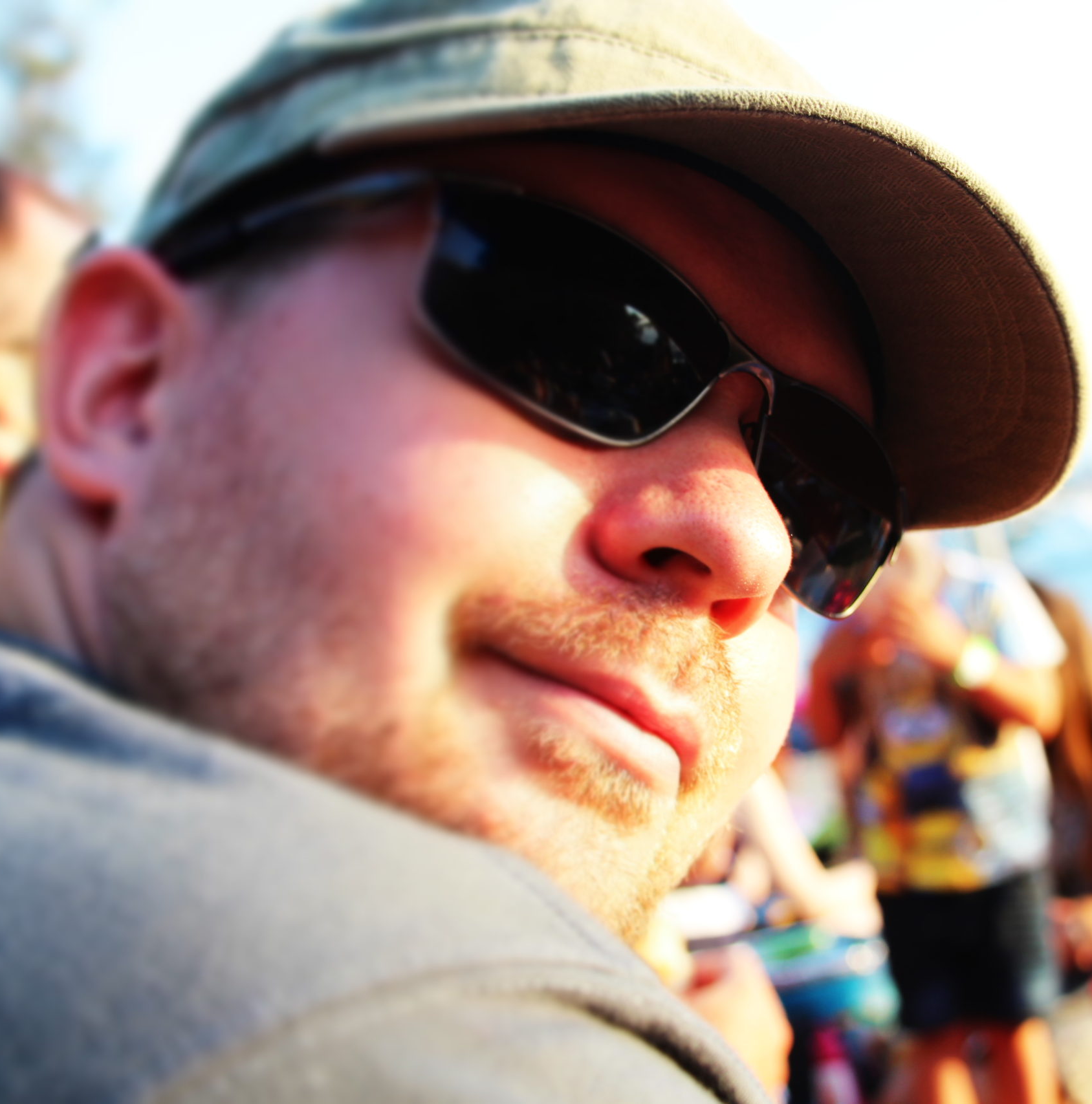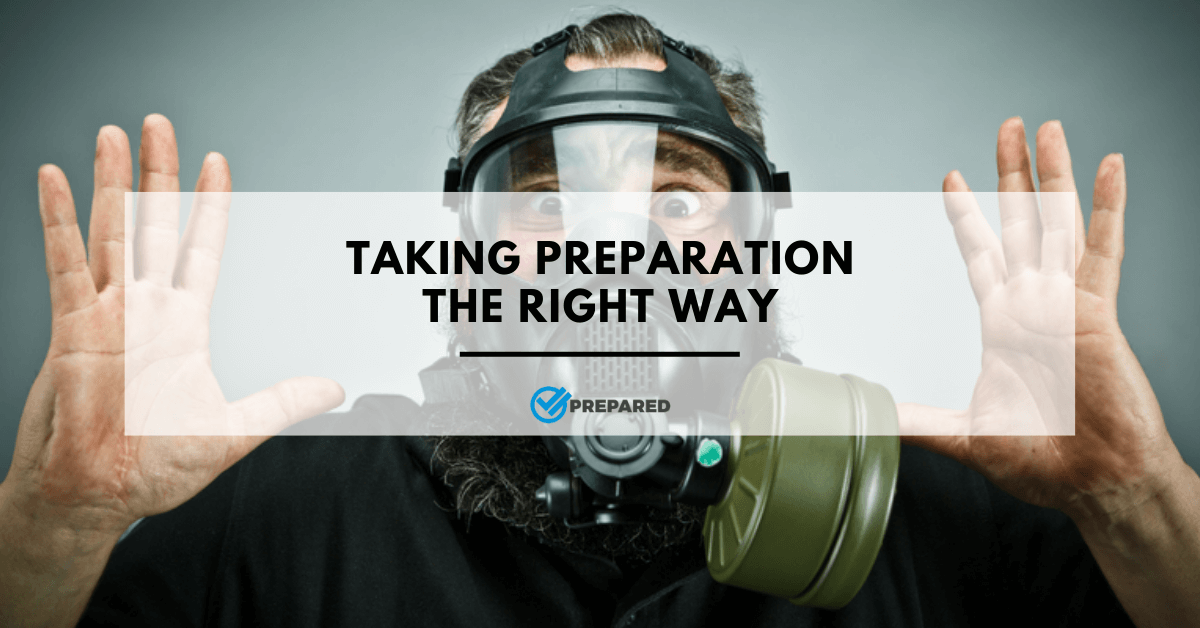For many people to start prepping and becoming more prepared can seem like a daunting task. The general stereotype of preppers is that we all have an underground bunker stocked with canned food and rifles. The transition from being unprepared to this stereotypical prepper seems impossible.
What Is A Prepper?
The truth is that being a prepper just means that you are taking steps to be more prepared. That is it. There are varying degrees of preparedness. Some preppers are just focused on the more common scenarios you might face; situations such as your car breaking down in the country or getting mugged at gunpoint. The fact is that any prepping is better than no prepping.
Where Do I Start Prepping?
I can first tell you where you should not start prepping. I do not suggest that you begin by getting online and buying a bunch of prepper and survival gear that you do not know how to use. Without some knowledge, most of that gear is worthless. Also, without some knowledge, you will likely buy items that do not work well or that you do not need.
Real preppers focus on learning new skills, and they learn to make something from nothing. Sure you can fill your shelves with MREs, canned food, and dried goods. Would it not make more sense to save the money and learn how to hunt, fish, trap, and grow your own food?
General Rules of Survival
Let us start with the basics. There are four pillars of survival required to keep any human alive:
- Food
- Water
- Fire
- Shelter
The general rule is that most people will not survive more than three days without finding or creating these necessities.
Some of these are more important than others. Another general rule is that you will survive:
- Three hours in extreme conditions without warmth, such as fire or shelter
- Three days without water
- 30 days without food
Based on the above, food can be considered your last priority.
Start Prepping by Learning Skills
I would say learning how to build a fire or build a shelter is priority number one. I lean more towards building a fire because it is challenging and because you will already have a shelter if you stay home during an emergency. Staying home is called ‘bugging in’ versus ‘bugging out’ when you leave your home to find safer ground.
Priority number two will, therefore, be finding and purifying water. All it takes is a power outage, and many people would be without clean drinking water. Even if you find water, the majority of the water on the earth is not safe to drink due to contaminants, bacteria, microorganisms, or salt content. You have to know how to purify the water you find.
Do you know what the best part of learning these skills is? It is free of charge. That is one of the reasons why I focus on what I know and not what I own. As with most people, I am on a budget and my budget likes the word ‘free’. The interesting part of the learning process I have gone through is that 90% of the skills I have learned came from online content. Between YouTube and survival and prepping websites, you can learn just about everything you need to know. There are certain skills where you might benefit from shadowing somebody with decades of experience, but these are few and far between. Most of your learning can be DIY.
To Learn, You Must Practice
So if we recap what we know so far; it is important to focus on fire and water, and you can learn what you need to know online. Now please do not confuse learning with reading. Learning is a two-part process. You need to read the material or watch the videos, and then you need to apply what you have learned. Practice is the most important part of this process. I cannot emphasize this enough. There are so many “preppers” out there that watch a few television shows or read a few articles and think they have learned new skills. When the time comes to use that skill, they find that they were sorely mistaken. You do not want to be starting a fire for the first time during a disaster. It is not as easy as it looks.
This brings me to my next point. Take everything you see on television with a grain of salt. Do not misunderstand me; you can learn some excellent skills from watching certain people on television. However, always remember that their focus is entertainment and ratings. Some of what you see is there for that reason. If you use common sense, you can sift through it all and find some value.
Start Prepping by Starting a Project
In addition to learning skills, I suggest you take on one project. I propose that you focus on one since it is easy to become overwhelmed if you are working on several projects at once. Most people have a limited amount of free time for these endeavours, so take it slow. Find one productive task to work on and stick to it.
What kind of project should you start? Find something that teaches you a skill while also making you more self-reliant. You could build a garden, so you do not have to buy vegetables at the store. Collect meat and fur by starting a trap line and checking it daily. You could install solar panels or a rainwater catchment system for your house. These are just a handful of examples of projects that can teach you a skill, save you money, make you more self-reliant, and give your family a better lifestyle.
If you have a family, this is where you can get them involved. It may be hard to convince your spouse or kids to learn to purify water with you, but you can probably get them to work in the garden. It is important that on some small level you get your family to buy into the idea of being self-sufficient. Ensuring they are involved will make things so much easier.
If You Buy Gear…
If you feel that you must purchase some gear to feel more prepared, start small. Focus on the more important items that cost less than $10. Take the time to read all of the reviews and practice selecting the model that is the best value. However, by starting small, you will not get discouraged if your $6 Ferro rod does not work well. You can move on to the more expensive items later.
It also might be best to focus on products that could help with smaller, more common issues. Perhaps you can get a first aid kit and some emergency blankets for your car. Maybe you can put together an everyday carry bag with some smaller items such as a small knife, a Ferro rod, a keyring flashlight, and a water filter. If you spend much time in the woods, maybe a good knife and a compass are all you need right now. Think about the most likely situations to occur that would catch you off guard and prepare for those.
I hope this was helpful in getting you started on your prepping journey. Remember to keep things fun. We prep out of responsibility, not out of fear. Take your time and enjoy the ride.
ALSO SEE: Top 5 Survival Skills to Learn
Start Prepping the Right Way: Are you interested in taking the next step by learning new skills? Consider the SAS Survival Pocket Guide or look at this practical guide to see what you can do to improve your odds of survival.

Chris was born and raised in South Africa and has worked in the field of risk management, organisational resilience, and business continuity for more than a decade. During his career he has seen how private and public sector organisations benefit from effective risk management and business continuity planning. Realising that families and communities can also benefit from the same tools, methodologies, and principles, he started Prepare with Foresight.
Prepare with Foresight was launched to assist individuals and families to have the peace of mind that they will be able to recover from and successfully adapt to the consequences of adverse events.

